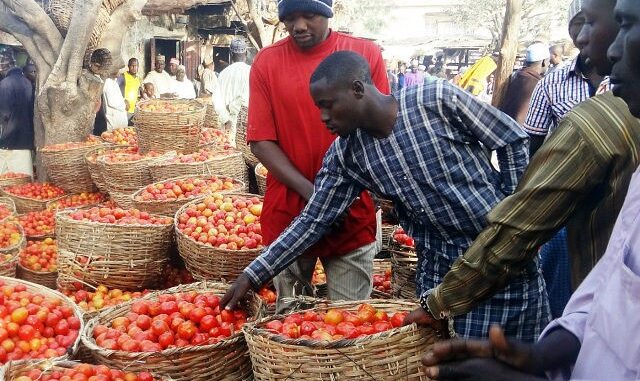
Ramadan begins this Tuesday, April 13, in Nigeria, and like every year, religious authorities are asking wholesalers not to raise food prices disproportionately. The month of Ramadan often corresponds to a sharp rise in food prices, while the most populous country in Africa is already facing an inflation of 17% on food products.
After a year marked by recession and economic and health crisis, many Nigerians have become poorer. Jamila, a Muslim woman from Togo, notes that recently the price of maize or beans has more than doubled in the market. “We went to the market to buy, but we didn’t buy, so we went back home. It has increased, we see the beans whose price has increased a lot. ”
Every year, traders take advantage of Ramadan to inflate the prices of basic foodstuffs. This is a difficult situation as Nigeria faces unprecedented inflation: according to the National Bureau of Statistics, food prices are the highest they have been in 12 years.
The high demand during the Muslim month fuels the greed of vendors, according to Ola: “Many rich people want to do charity for the poor. So instead of buying just one bag of rice, they will buy 200 bags. So the prices go up. For us small buyers, a bag of rice costs double at this time. ”
Nigerian religious leaders have appealed to traders to keep prices reasonable during the Ramadan period.
